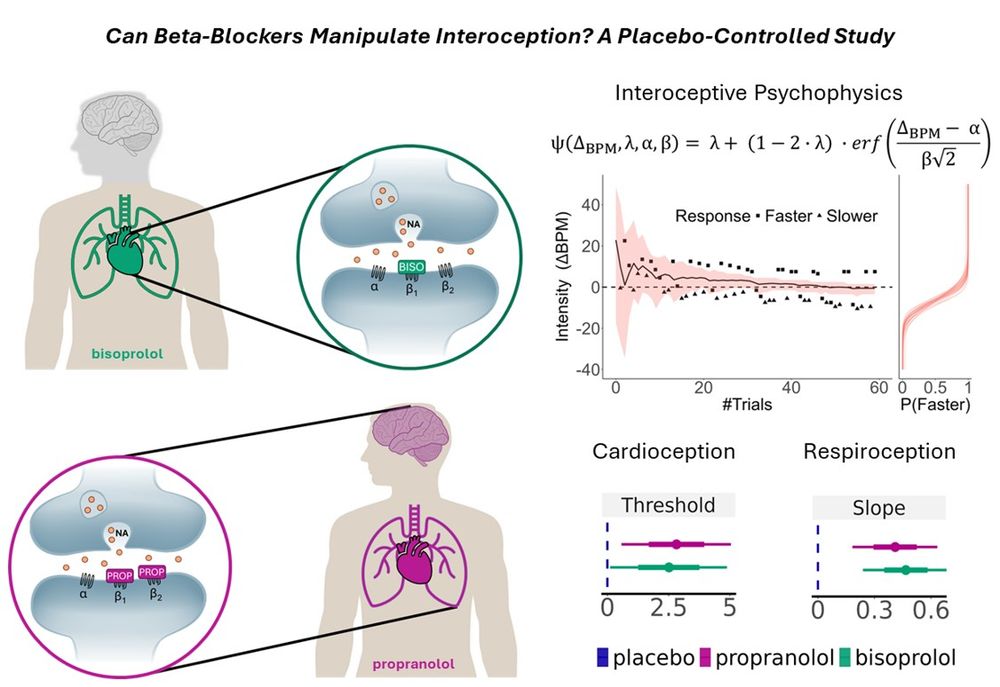Liron Rozenkrantz
@lironrozenkrantz.bsky.social
110 followers
58 following
40 posts
Assistant Professor #beliefslab | Neuroscientist studying mind-brain-body | how beliefs and perceptions shape human physiology | www.beliefslab.com
Posts
Media
Videos
Starter Packs
Pinned
Reposted by Liron Rozenkrantz
TanentzapfLab
@tanentzapflab.bsky.social
· Aug 13
Julie Lasselin
@julielasselin.bsky.social
· Jun 21

Postdoctoral Researcher in Psychoneuroimmunology
Do you want to contribute to improving human health? Join a dynamic and inclusive research group at the forefront of psychoneuroimmunology, where we investigate the interplay between behavior, brain f
ki.varbi.com
Reposted by Liron Rozenkrantz
Max Wolff
@trpwolff.bsky.social
· Jun 30
Reposted by Liron Rozenkrantz








